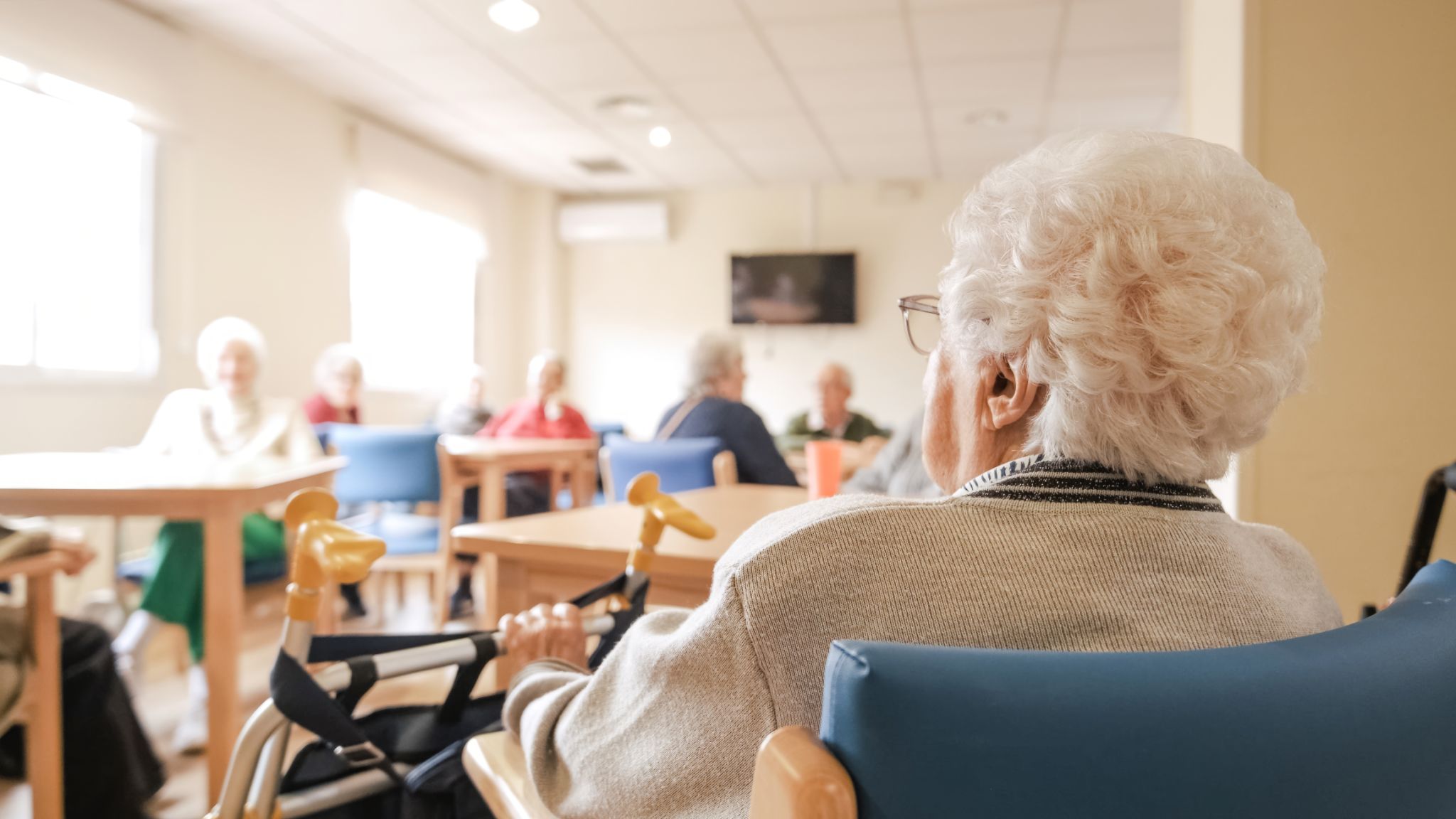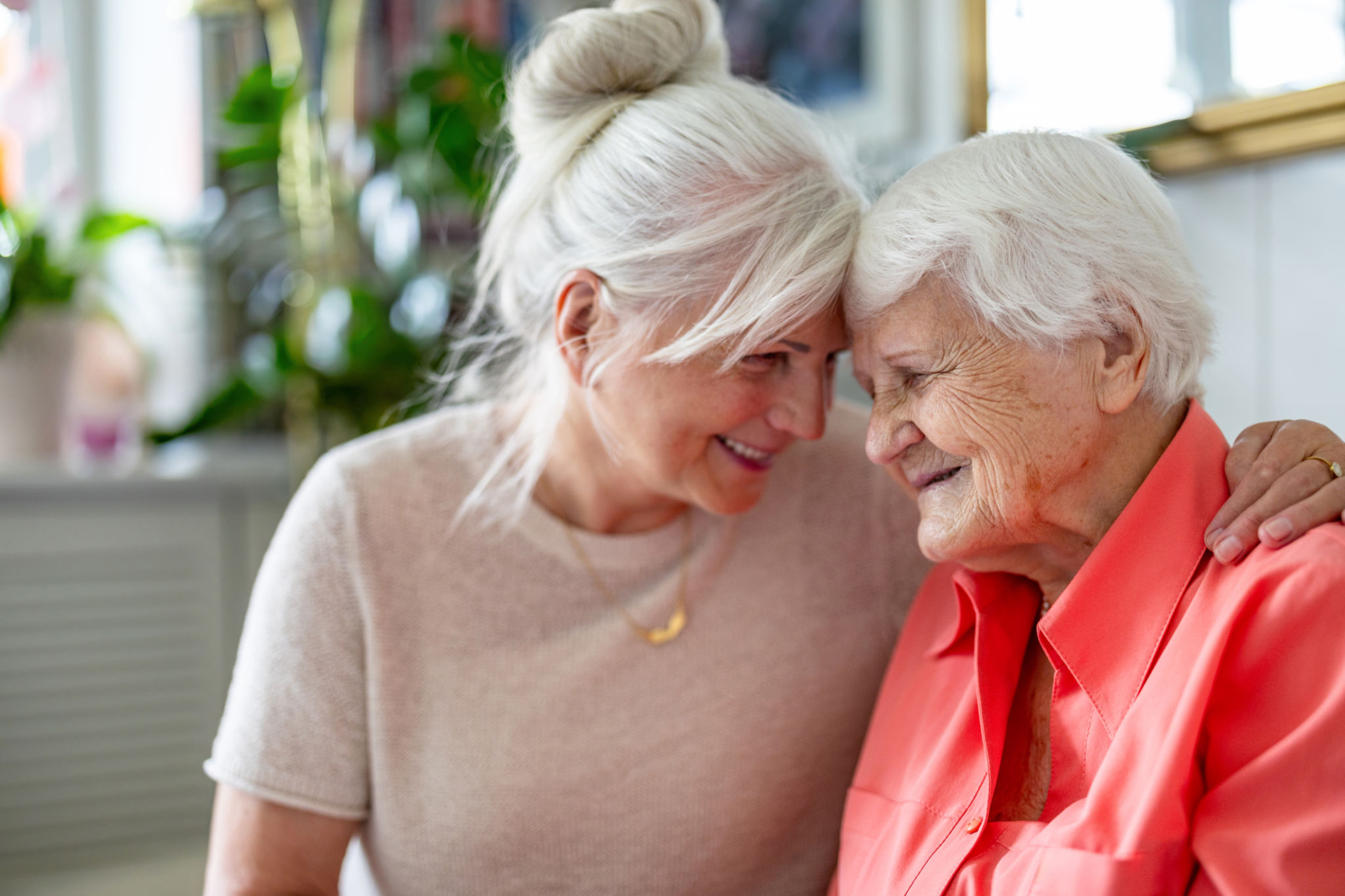Top 5 Signs Your Loved One May Need Live-In Care
HI
Recognizing the Need for Live-In Care
As our loved ones age, ensuring their well-being becomes increasingly important. Understanding when additional support is necessary can be challenging, but recognizing the signs can help in making the right decision. Live-in care provides personalized support and companionship, which can greatly enhance the quality of life for your loved one.
Here are the top five signs that may indicate your loved one needs live-in care:

1. Difficulty with Daily Activities
One of the primary indicators is when your loved one struggles with daily activities such as bathing, dressing, or meal preparation. These tasks, often referred to as Activities of Daily Living (ADLs), are essential for maintaining independence. If you notice a decline in their ability to perform these tasks, it might be time to consider live-in care.
A caregiver can assist with these activities, ensuring that your loved one maintains their dignity and independence.
2. Increased Forgetfulness
Memory lapses can be common as people age, but if forgetfulness becomes frequent or severe, it could signal a more serious issue like dementia or Alzheimer's. This can lead to missed appointments, forgetting to take medication, or even safety concerns like leaving the stove on.

A live-in caregiver can provide reminders and ensure that medication is taken correctly, ultimately promoting a safer environment.
3. Changes in Mobility
If your loved one experiences difficulty moving around their home or has frequent falls, it may be time to consider additional support. Mobility issues can increase the risk of injury and make it challenging for them to navigate their surroundings safely.
Live-in caregivers can assist with mobility and offer companionship during walks or physical activities, promoting overall well-being.
4. Social Isolation
Isolation can have a significant impact on mental health, particularly for seniors who may live alone. If your loved one is withdrawing from social activities or shows signs of loneliness, a live-in caregiver can offer companionship and engage them in meaningful conversations and activities.

This interaction not only improves mental health but also brings joy and purpose to daily life.
5. Decline in Personal Hygiene
A noticeable decline in personal hygiene or grooming habits may indicate that your loved one is struggling to care for themselves. This can be due to physical limitations or cognitive decline.
Live-in care ensures that personal hygiene needs are met with dignity and respect, helping to maintain their health and self-esteem.
Conclusion
Recognizing these signs early can help you make an informed decision about live-in care for your loved one. By providing the necessary support and companionship, live-in caregivers play a crucial role in enhancing the quality of life for seniors. If you observe any of these signs, it may be time to explore the benefits of live-in care.
